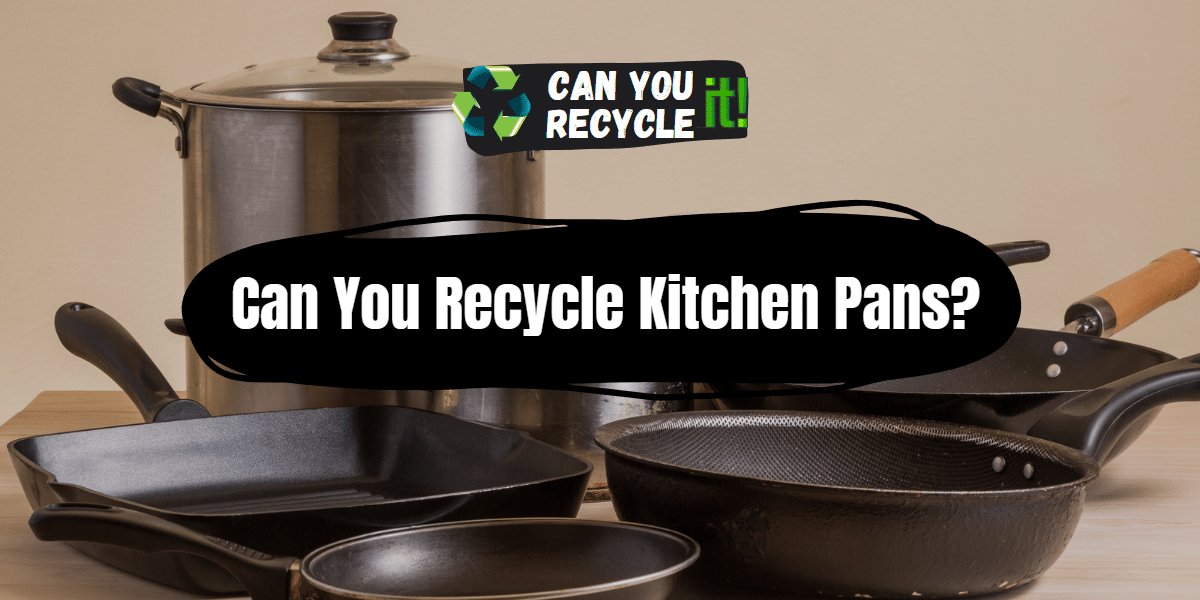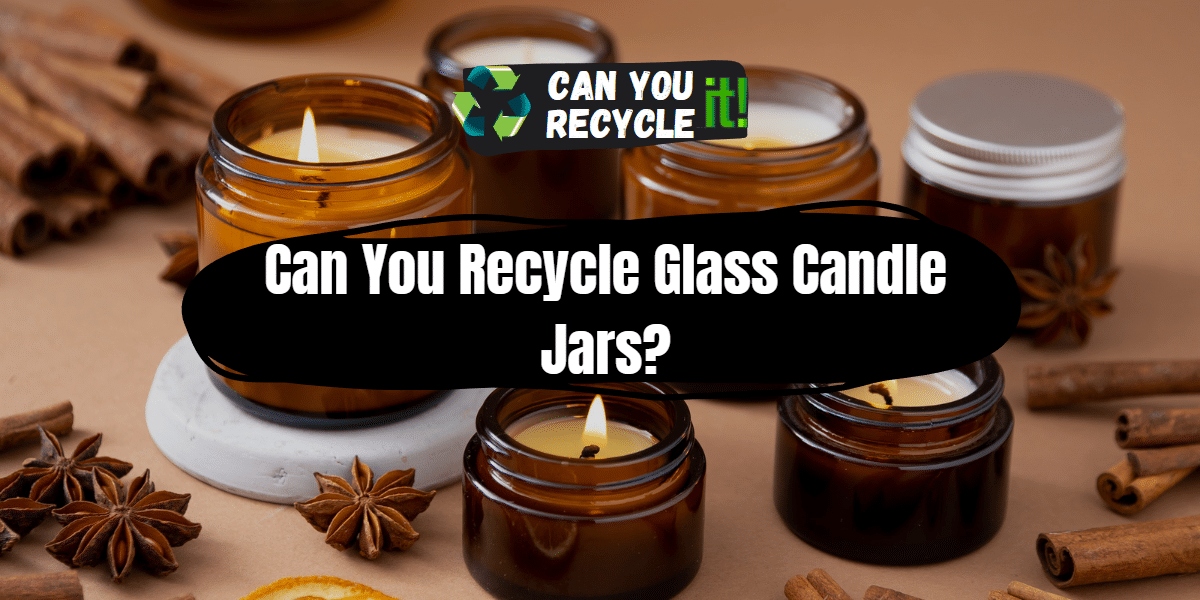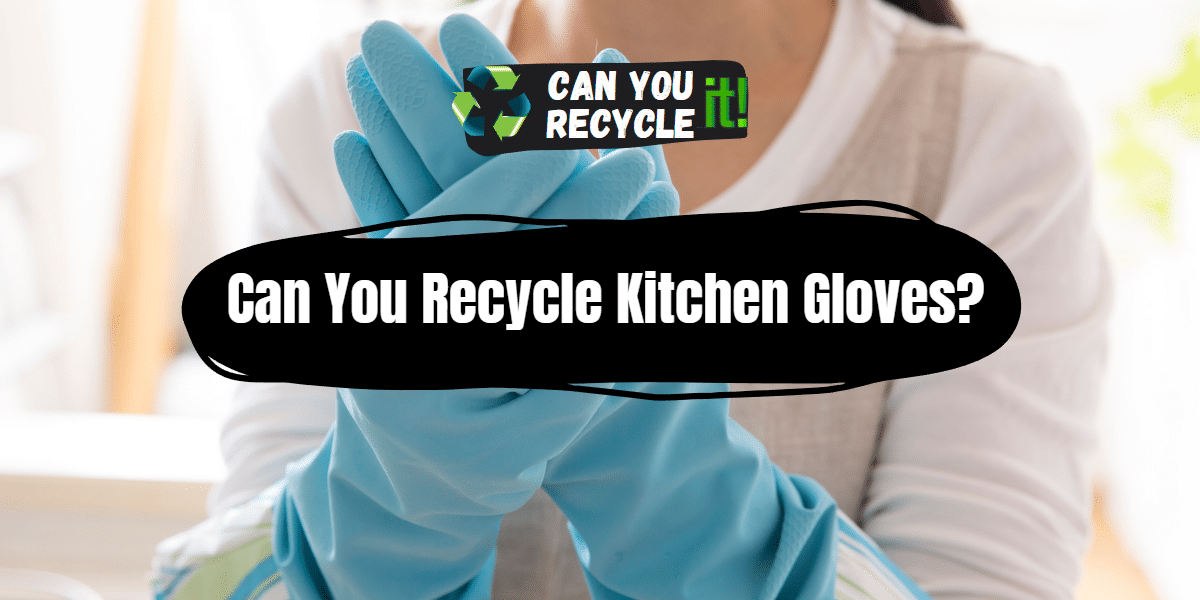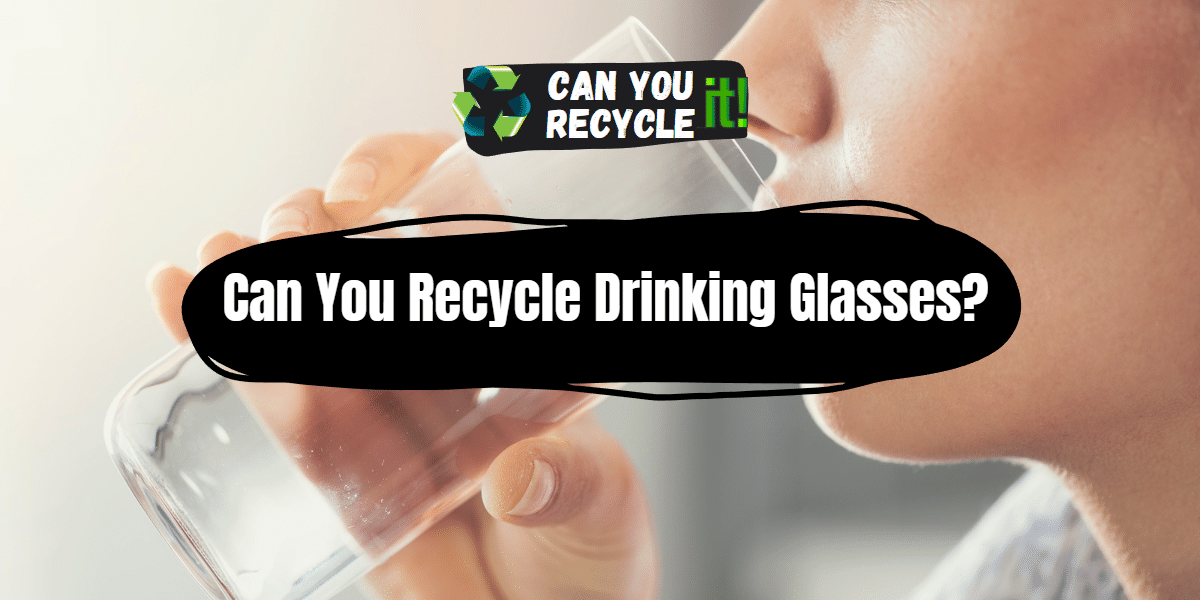The answer to this question depends on the type of kitchen pan you have. While some kitchen pans can be recycled, others may not be suitable for recycling due to their composition or condition. Let’s take a closer look at the dos and don’ts of recycling kitchen pans to get a clearer picture.
When it comes to recycling, kitchen pans can be a bit tricky. In this article, we will explore the possibilities of recycling kitchen pans and provide you with valuable information on dos and don’ts, a step-by-step guide, and insights into the environmental impact. So, let’s dive in and find out if you can recycle your kitchen pans to contribute to a more sustainable lifestyle!
Table of Contents
Do’s and Don’ts
To ensure responsible disposal of kitchen pans, here are some dos and don’ts to keep in mind:
Dos
- Check the material: Determine the material of your kitchen pan. Certain materials like stainless steel and cast iron are recyclable.
- Donate or sell usable pans: If your kitchen pans are in good condition, consider donating them to local charities or selling them to someone in need. This way, the pans can find a new home and serve their purpose for longer.
- Recycle at designated facilities: If your kitchen pan is made of recyclable material, such as stainless steel, aluminum, or copper, you can take it to designated recycling facilities. Check with your local recycling center to ensure they accept kitchen pans.
Don’ts
- Throw them in the regular recycling bin: Most kitchen pans cannot be recycled through regular curbside recycling programs. They may cause damage to the recycling equipment or contaminate other recyclables.
- Dispose of them in the trash: Avoid throwing kitchen pans in the regular trash as they may end up in landfills, contributing to waste accumulation.
5-Step Guide to Recycle Kitchen Pans
If your kitchen pan is eligible for recycling, follow these five steps to ensure proper disposal:
Step 1
Clean the pan: Remove any food residue or grease from the pan using hot water and dish soap. Make sure it is thoroughly clean before recycling.
Step 2
Check for recyclable material: Determine the material of your kitchen pan. If it’s made of stainless steel, aluminum, or copper, it’s likely recyclable.
Step 3
Find a local recycling facility: Locate recycling facilities in your area that accept kitchen pans. Contact them to confirm their acceptance and any specific guidelines for drop-off.
Step 4
Prepare for recycling: If required, disassemble the pan into its separate components. For example, detach the handle or remove any non-recyclable parts.
Step 5
Drop-off at the facility: Take the cleaned and prepared kitchen pan to the designated recycling facility and follow their instructions for drop-off.
What to Do with Kitchen Pans That Cannot Be Recycled
If your kitchen pan is not recyclable, there are alternative options to consider:
- Repurpose: Find creative ways to repurpose your old kitchen pans. They can be used as planters, outdoor decorations, or even repurposed for other household functions.
- Donate or give away: If your kitchen pan is still usable, consider donating it to local organizations, community centers, or individuals in need.
Environmental Impact of Recycling Kitchen Pans
Recycling kitchen pans offers several environmental benefits:
- Resource conservation: Recycling kitchen pans reduces the need for raw materials extraction and saves energy and resources required in the manufacturing process.
- Waste reduction: By recycling kitchen pans, we divert them from landfills, minimizing waste accumulation and associated environmental issues.
FAQs for Can You Recycle Kitchen Pans
Can non-stick pans be recycled?
Non-stick pans are challenging to recycle due to the coating. It’s best to check with your local recycling facility for specific guidelines.
Can rusted pans be recycled?
Rusted pans may not be suitable for recycling. However, you can check with local scrap metal recyclers as they might accept them.
Conclusion 💭
While recycling kitchen pans may not always be possible, exploring options for donation, repurposing, or responsible disposal can make a difference. Remember to check the material and condition of your kitchen pan before deciding on the appropriate course of action. By adopting sustainable practices, we can contribute to a cleaner and greener environment for future generations.





Leave a Reply